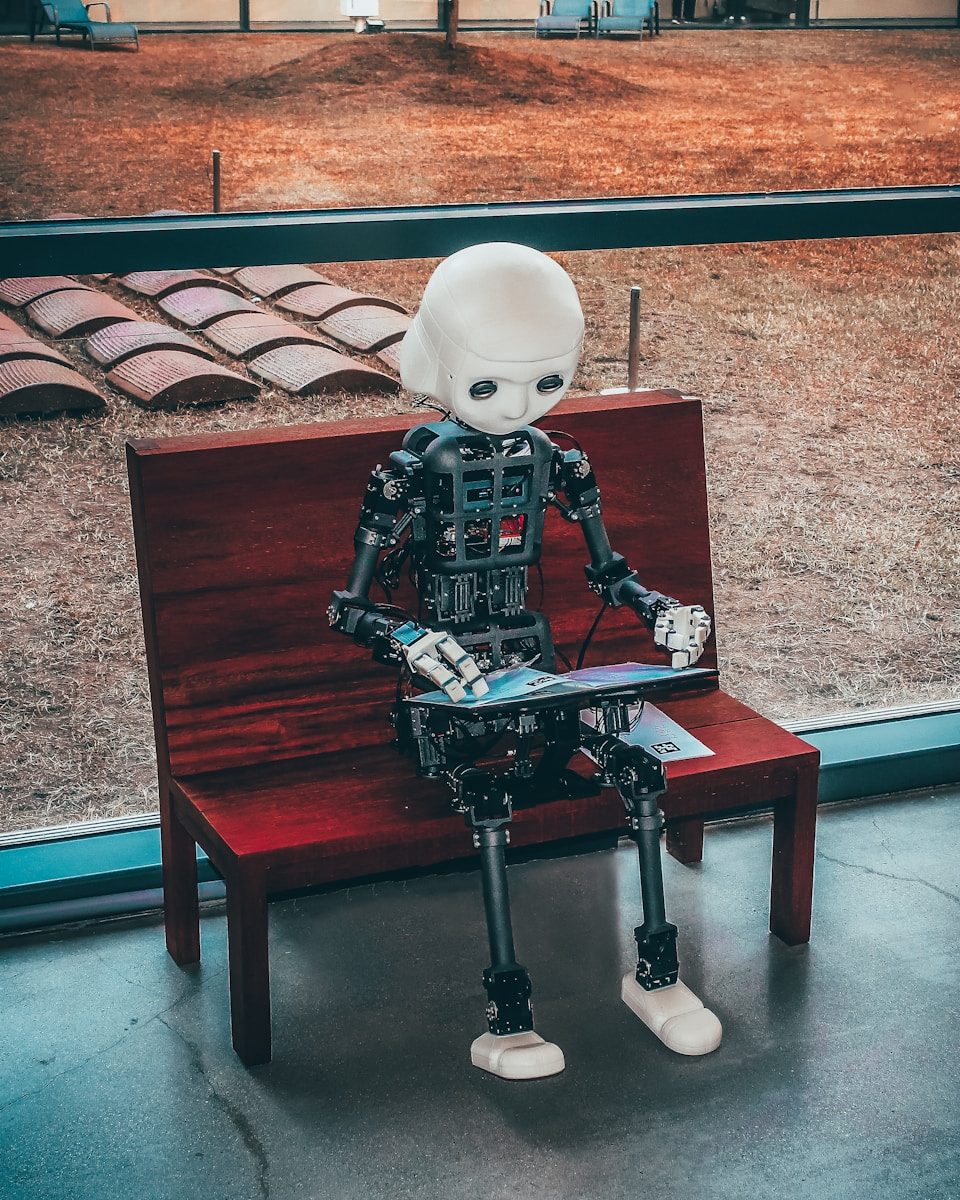When I first started my book project (which eventually became “A Widow’s Guide to Healing”, publisher- Sourcebooks) I was uncertain how things would unfold. This I knew for certain—my intent was to interview as many women as possible about their loss of a partner or spouse, and share their stories in a book so that readers would know they were not alone. I didn’t care how about the cause of death or about any other status (i.e, age, educational background, religious preference) related things. What I cared about were women’s narratives.
A brief chance encounter with (the now late) Holocaust survivor and Nobel Peace Prize winning author Dr. Elie Wiesel taught me that someone’s story can change the trajectory of your life. To my utter shock, Dr. Wiesel asked me about my own narrative. I kept it brief, but he asked more questions. I never forgot how his listening to me made me feel.
When I set forth doing research for my book, I knew I wanted to approach writing it using the narrative approach. I didn’t have a set of questions to ask each woman, instead, I followed her lead.
And I’ll never forget the conversation I had with a woman named Margaret (name changed to maintain confidentiality). She was married for several decades before her husband was diagnosed with Alzheimer’s disease. As the disease progressed, Margaret watched how it robbed him not only of his memory, but also his ability to walk and care for himself. To cope with the unrelenting stress both as a caregiver and wife, she entered individual therapy.
Sadly, when Margaret and I spoke, her husband had recently died. As Margaret shared her story, I listened to every word. I could hear her tears, and the long pauses were punctuated by sorrowful sighs. I didn’t want to interrupt her, so I said very little.
Then came a very deep pause. I looked at my phone thinking perhaps she disconnected the call. And yet, I saw that we were still connected. Margaret said something to me that I’ll never forget– “You’re the first person who listened to me without interrupting me….Thank you.”
I was stunned because I knew she had participated in therapy, a grief support group, and even spoken with her pastor. I struggled to find the right words. Luckily, I didn’t have to. Margaret said, “I feel like a weight has been lifted.”
Our call ended years ago; however, the lesson still resonates with me. I’ve found when people share their stories healing occurs. I think it is why, although I am not a member of Alcoholics Anonymous(AA), when members of AA share their stories, something powerful and impactful happens.
When we have the opportunity to talk about our experiences we feel seen, heard, and valued. As Anaïs Nin said, “Stories do not end”, and I know neither does our healing.






